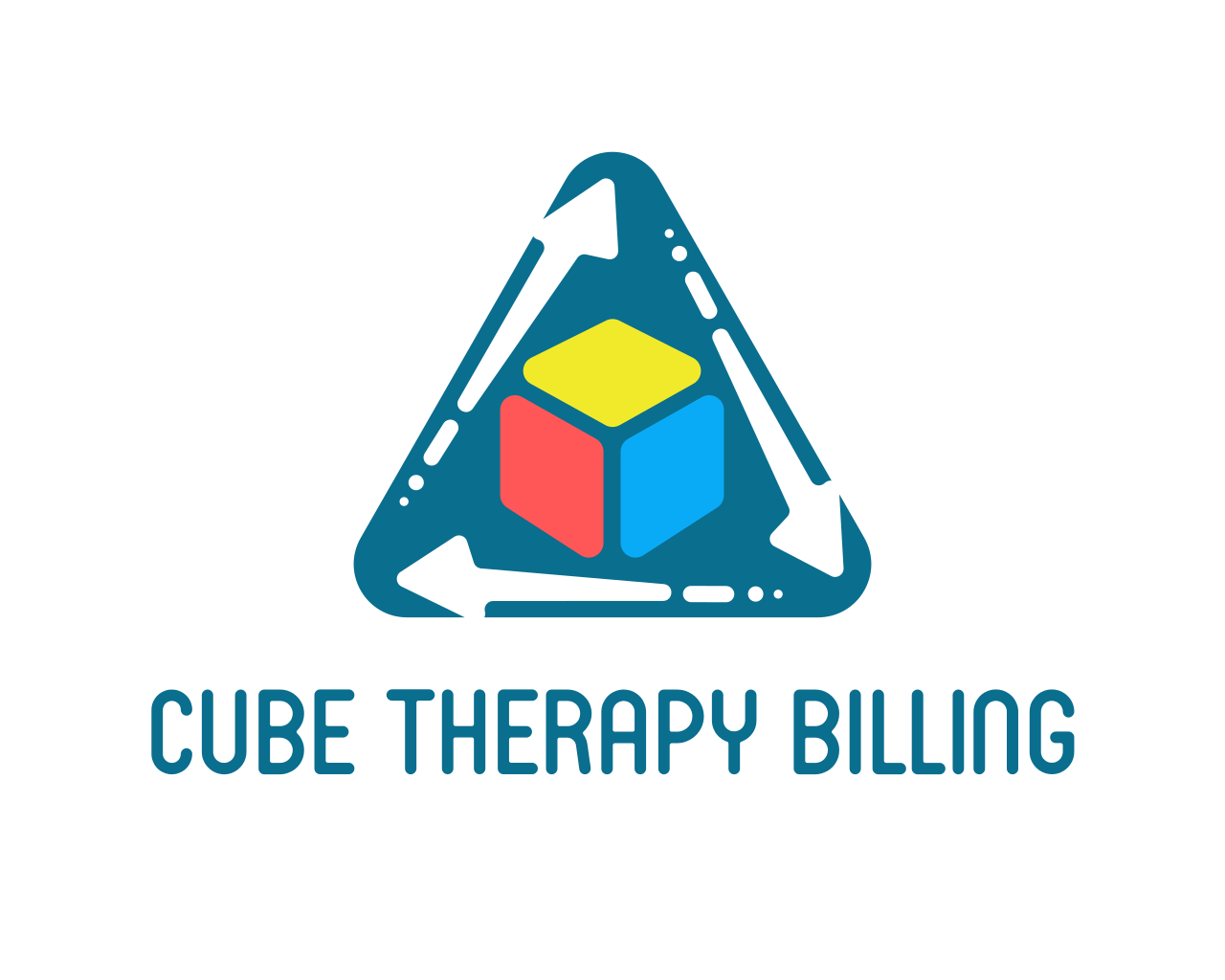Importance of Accreditation in medical billing-HBMA
- Veronica Cruz

- Jun 12, 2025
- 4 min read
Updated: Jul 11, 2025

Accreditation in healthcare billing isn’t just about hanging a fancy certificate on the wall. It’s a strategic power move that can define your organization’s credibility, compliance, and long-term growth. In today’s fast-changing world of ABA therapy, billing accuracy and accountability aren’t optional—they’re non-negotiable. That’s where the Healthcare Business Management Association (HBMA) steps in as the gold standard in revenue cycle management (RCM) excellence.
In this blog, we’ll break down how HBMA accreditation creates real-world impact across five mission-critical areas that drive success for ABA billing teams.
What Makes HBMA Accreditation So Valuable?
The Healthcare Business Management Association (HBMA) is more than just another credentialing body—it’s a thought leader in revenue cycle management (RCM). Their accreditation goes far beyond basic billing know-how. It ensures your team operates with excellence, ethics, and efficiency in every step of the billing process. Here are five important areas where HBMA accreditation truly adds value:
Establishing the Standards in a Complex Regulatory Environment
Navigating the web of healthcare regulations—HIPAA, the Stark Law, Anti-Kickback Statutes—is complex and time-consuming. HBMA’s Compliance Accreditation Program rigorously evaluates a firm’s adherence to these standards, including alignment with the OIG Work Plan. It's designed specifically for billing professionals who must operate at the highest level of legal and ethical standards.
Why it matters
Companies with solid compliance frameworks see up to 45% fewer billing errors.
Regular internal auditing—an HBMA best practice—reduces risk of fines, failed audits, and reputational damage.
Real-World Application for ABA Billing
For ABA billing practices, non-compliance can lead to denied claims, delayed revenue, and loss of provider trust. HBMA accreditation helps organizations set up proactive systems that identify gaps before they become violations. ABA billing services, leverages these standards to support clean claim submission, minimize errors, and protect provider revenue from denials.
Enhancing Data Security and Patient Privacy Protocols
In the fast-paced, tech-driven world of healthcare, keeping patient information secure is more than a requirement—it’s a responsibility. With data breaches on the rise—over 275 million records were compromised in 2024 alone—clients are rightfully concerned about how their sensitive information is being handled. Major incidents like the UnitedHealth Group breach, which impacted 190 million patient records, have only raised the stakes.
What Accreditation Covers
Strong safeguards for Protected Health Information (PHI)
Full alignment with HIPAA privacy and security requirements
Well-prepared plans for handling data breaches or cyberattacks
For ABA Billing Companies
ABA billing companies dealing with highly sensitive behavioral health records every day. HBMA accreditation shows your commitment to patient privacy, giving you an edge when providers are deciding who to trust with their billing and credentialing services.
Growing Competitive Advantage and Market Position
HBMA accreditation doesn’t just protect—it elevates. In a field where up to 80% of medical bills contain errors, being known for accuracy can significantly boost your client acquisition efforts.
Accredited companies benefit from:
A reputation for operational transparency and ethical billing practices
Greater provider referrals and stronger payer relationships
A standout brand identity that appeals to compliance-focused clients
When practices are choosing between vendors, accreditation is often the deciding factor. It shows you’re not just talking the talk—you’ve got proof that your systems, people, and policies walk the walk.
Comparison Snapshot: Accredited vs. Non-Accredited ABA Billing Firms
Feature | HBMA-Accredited Firms | Non-Accredited Firms |
Regulatory Compliance | Fully aligned with HIPAA, CMS, OIG | Often inconsistent or partial |
Billing Accuracy | Up to 45% fewer errors | Higher denial and rejection rates |
Data Security | Structured and proactive | Minimal or reactive safeguards |
Market Differentiation | Used in sales and contracts | No formal credentialing signal |
Staff Training | Documented and recurring | Varies, often untracked |
Audit Preparedness | Proactive planning in place | Often caught unprepared |
Building a Continuous Learning
Trust takes time—and it comes from showing up, getting it right, and staying consistent. HBMA keeps your ABA billing team sharp, confident, and ahead of the curve.
Education and Certification
HBMA offers programs such as the Certified Healthcare Revenue Cycle Professional (CHCRP) and compliance training that target real-world scenarios. These cover topics like:
CPT code updates and usage (e.g., 97151–97158 for ABA services)
Credentialing workflows and re-attestation schedules
Documentation protocols for parent training and supervision sessions
Billing agencies specializing in ABA billing benefit from these modules by staying ahead of changes in ABA billing codes, payer preferences, and documentation rules that impact claim approvals and audit readiness.
Integrating with Industry Standards and Advocacy
HBMA is more than a compliance body—it’s a policy influencer. With over 47,000 members, the organization plays a vital role in shaping the future of medical billing.
Benefits for Accredited members
Accredited ABA billing professionals get early access to regulatory changes, participate in summits, and help guide industry reforms. When Medicaid policies shift or new codes roll out, HBMA ensures you’re not left scrambling. Instead, you’re informed, prepared, and ready to keep your billing operations running smoothly—no surprises, just smarter decisions.
Helpful Resources
Explore these references to strengthen your understanding of accreditation and improve your ABA billing operations:
FAQ
1. How is HBMA accreditation different from other certifications?
HBMA focuses specifically on billing and RCM, blending compliance, ethics, and accuracy—making it far more comprehensive than general healthcare certifications.
2. What is the revenue cycle management industry?
RCM manages the financial side of healthcare—from patient registration to final payment—ensuring providers get paid accurately and on time for services delivered.
3. Which accreditation is best for ABA billing services?
For ABA billing, HBMA accreditation stands out by addressing real-world billing, credentialing, and compliance needs tailored to behavioral health and therapy-focused providers.
Conclusion
HBMA accreditation isn’t just a checkbox—it’s a strategic advantage. For ABA billing and credentialing providers, it means fewer errors, stronger security, and greater client trust. It boosts credibility, supports growth, and keeps you ready when regulations shift. It’s your shield, signal, and springboard in a competitive market.



